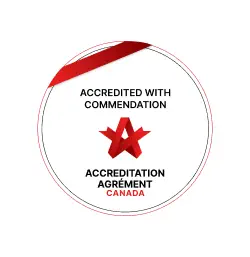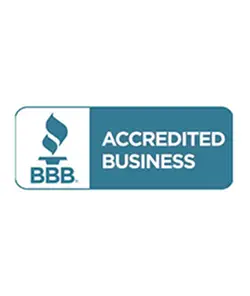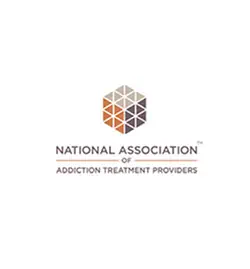Luxury Facilities at the Canadian Centre for Addiction
If you’re going through a tough time with huffing addiction, you don’t have to face it alone. Our Luxury Private Rehab Centre in Port Hope and Cobourg are quiet, comfortable places in Ontario where you can take a real break and start fresh.
In Port Hope, our private rehab centre feels more like a peaceful retreat. Some rooms have calming lake views, a fireplace, and multiple decks to relax on. It’s a space to breathe, slow down, and focus on getting better. And with fresh, 5-star meals made by our chef every day, you’ll be well taken care of, body and mind, during your recovery journey.
Over in Cobourg, the vibe is just as warm and welcoming. It’s a place where you’ll be supported by people who truly care about your recovery from huffing addiction and other substance dependencies. We’re here to listen, guide you, and help you feel more like yourself again.
Whether you’re looking for space to reflect or need professional support to move forward, our rehab treatment program centres in Port Hope and Cobourg offer the calm, care, and comfort you need to start your treatment and recovery process with confidence. These Ontario facilities provide the perfect environment for healing, combining luxury amenities with proven therapeutic approaches that address the unique challenges of huffing addiction recovery.
 Success Rate:
Read Now
Success Rate:
Read Now











